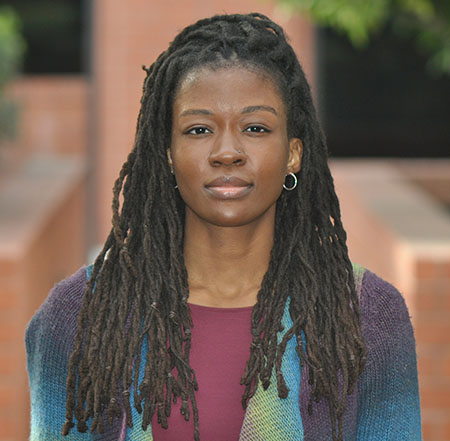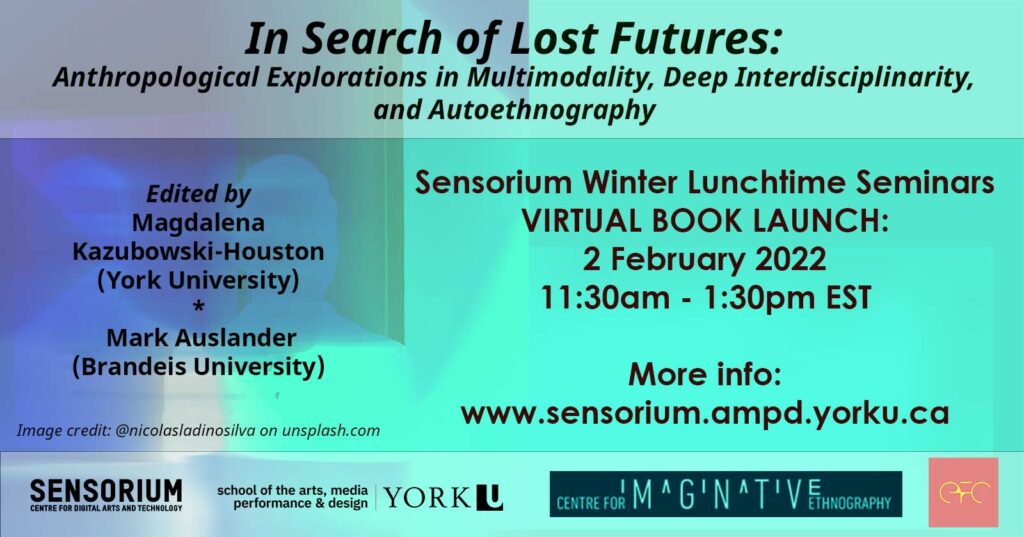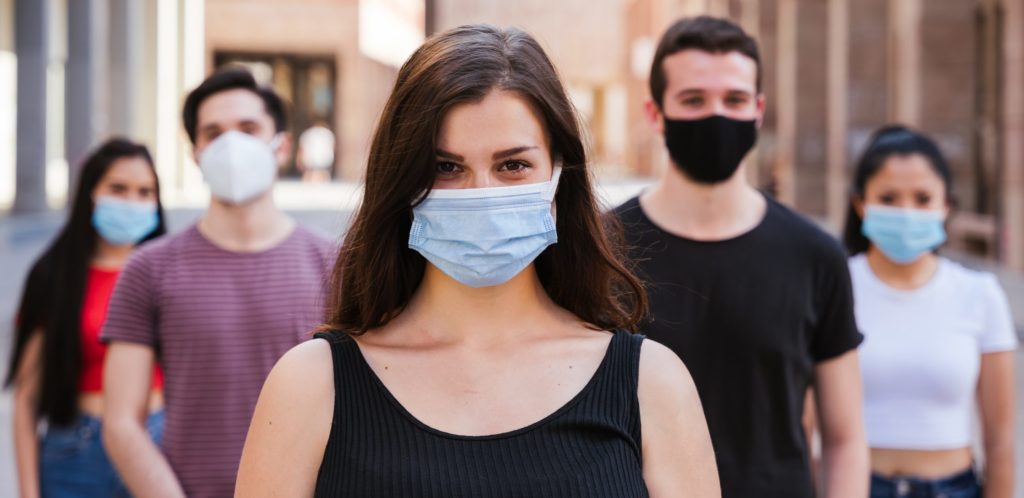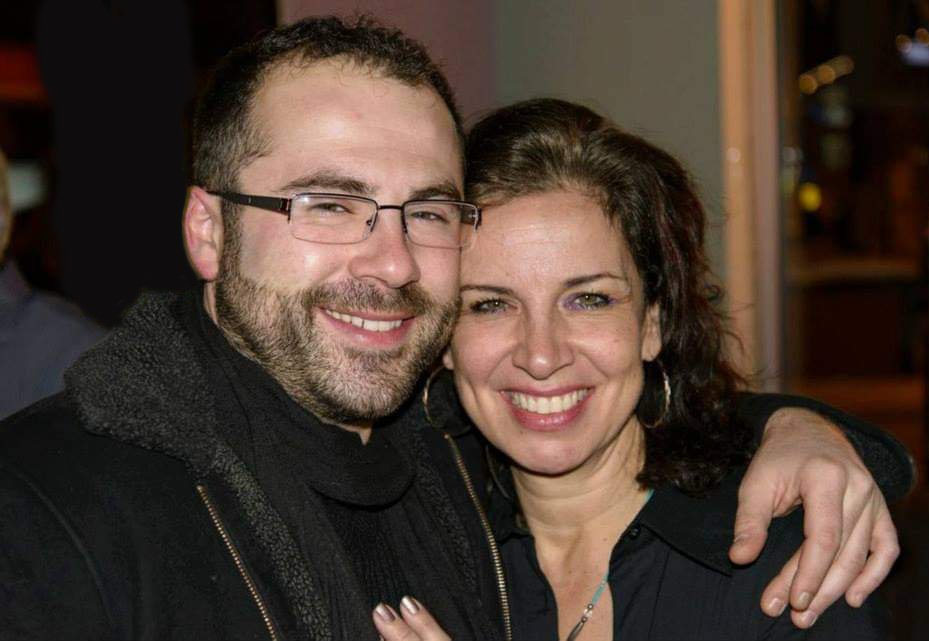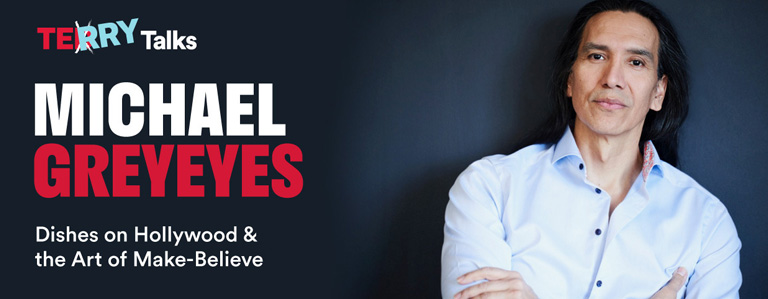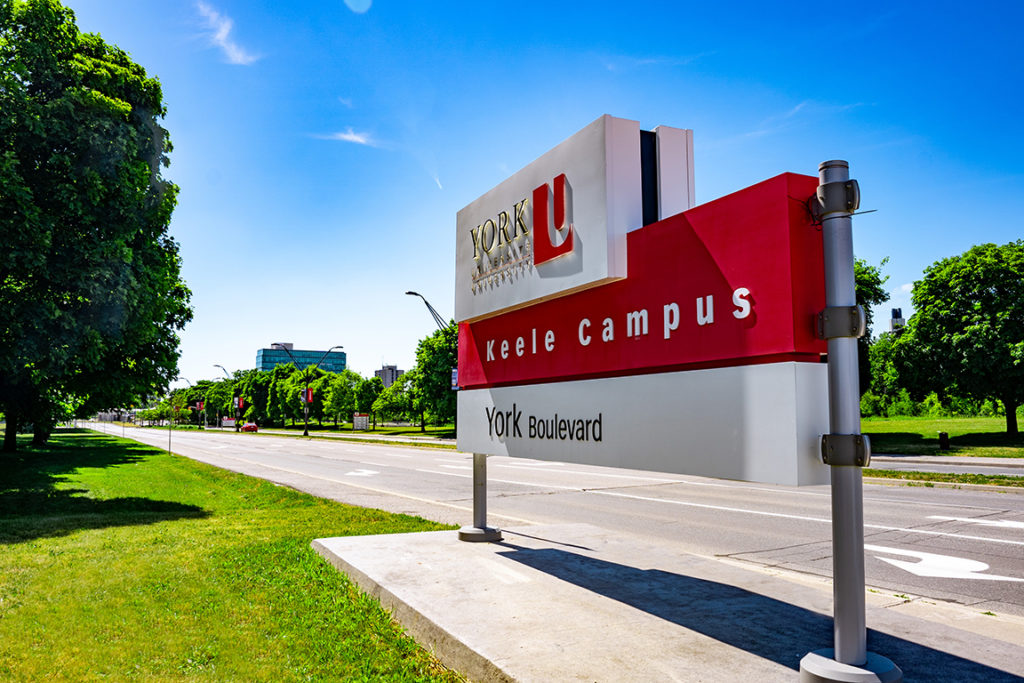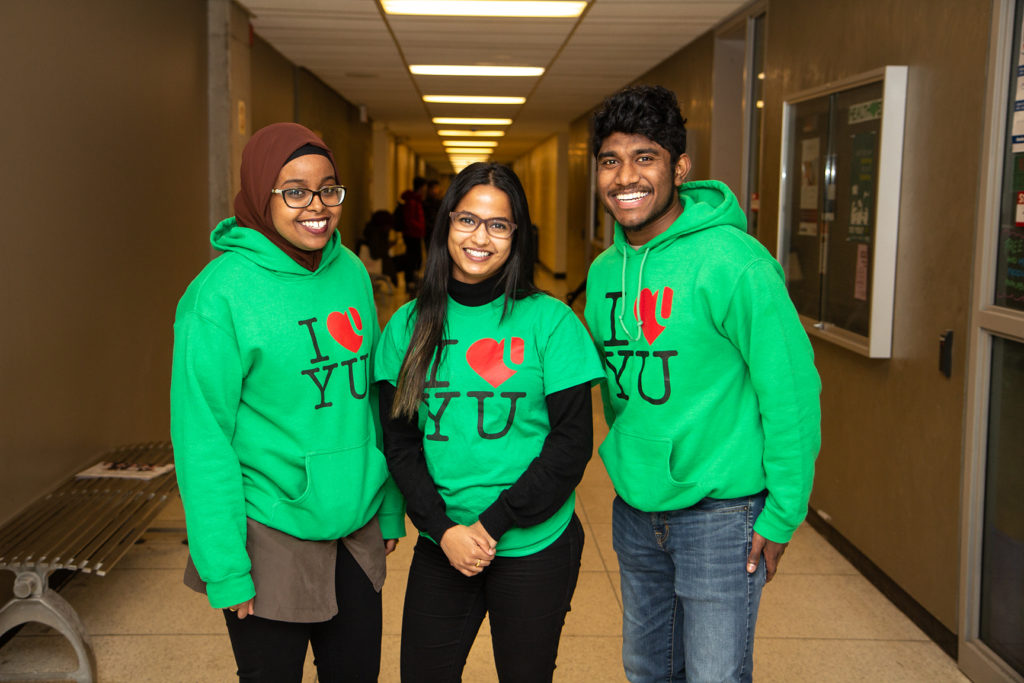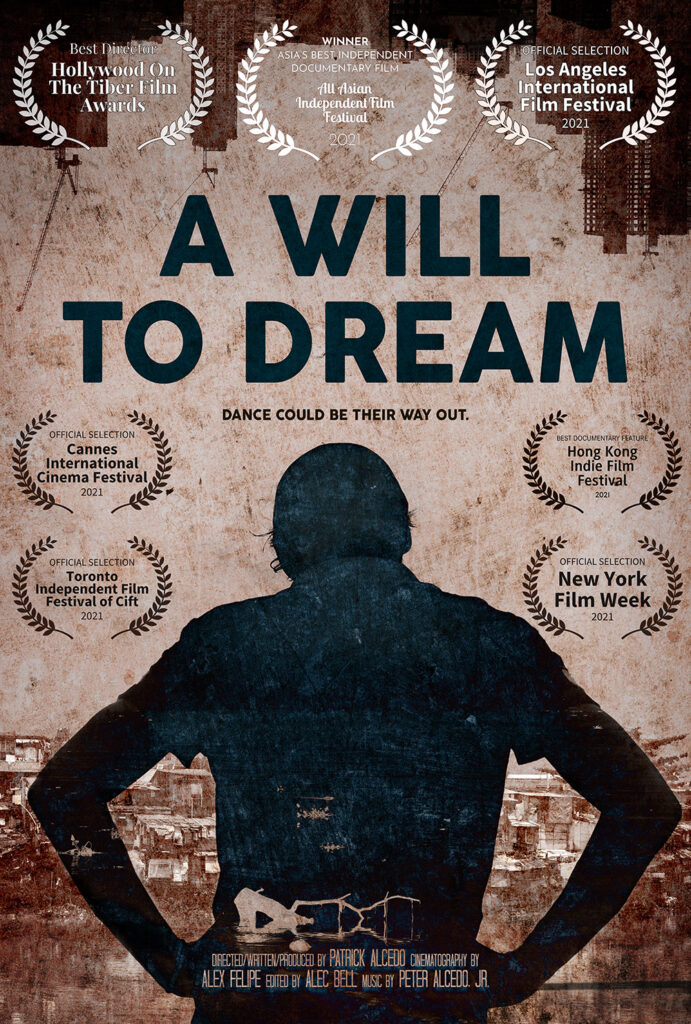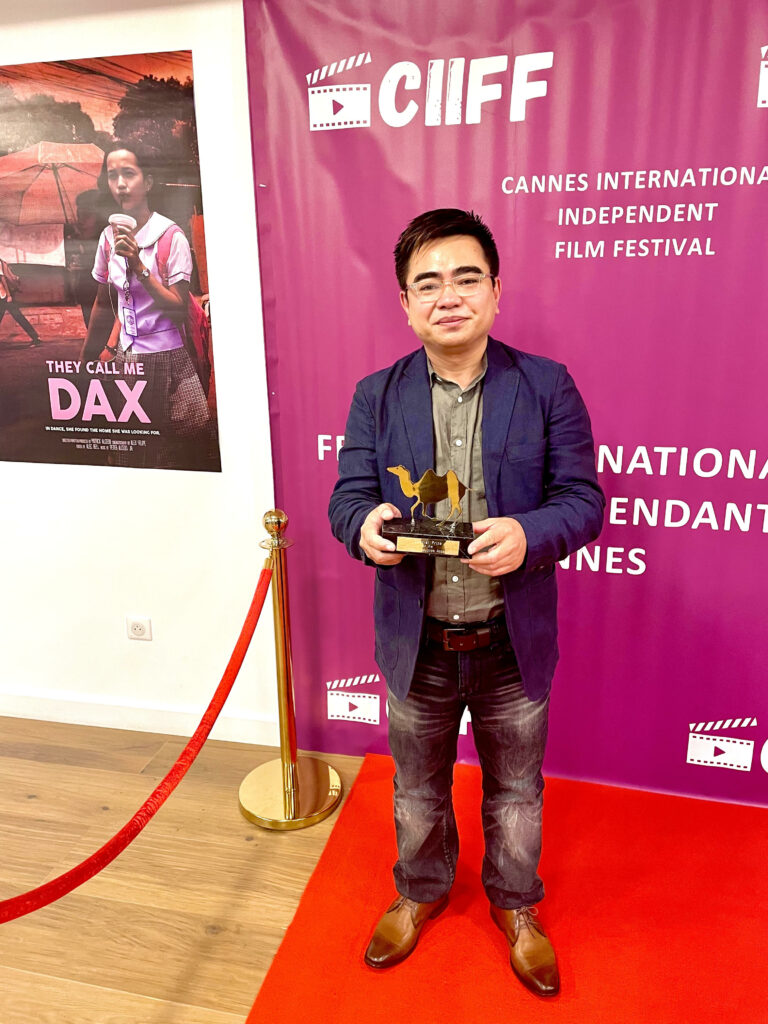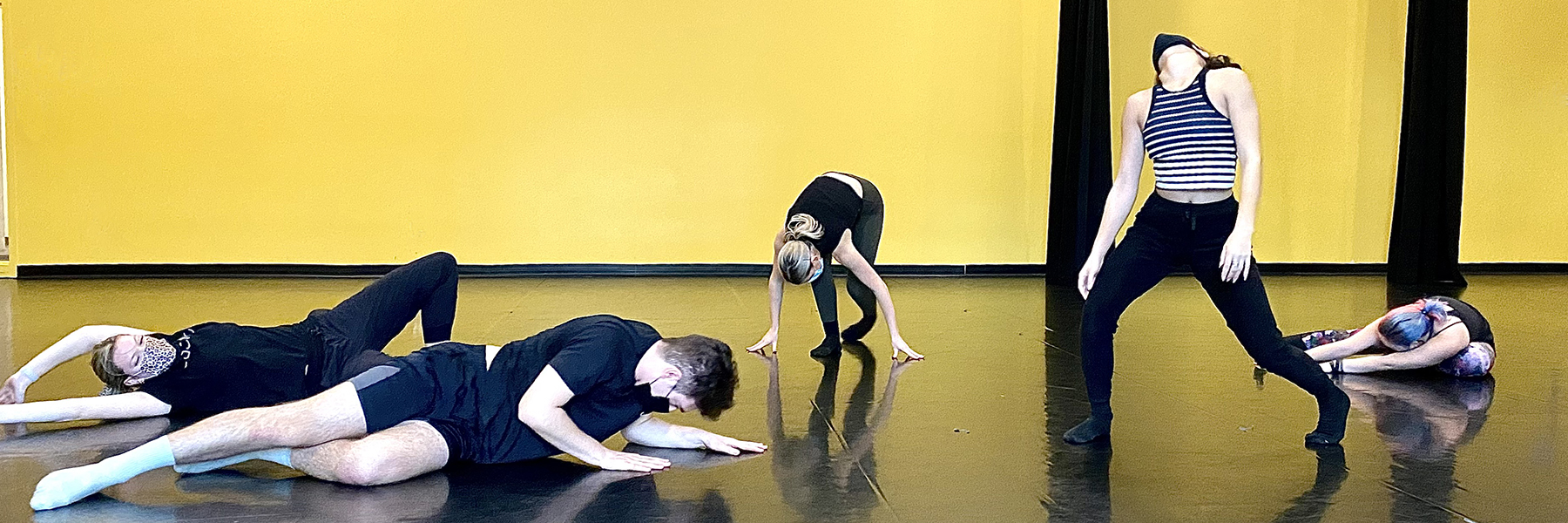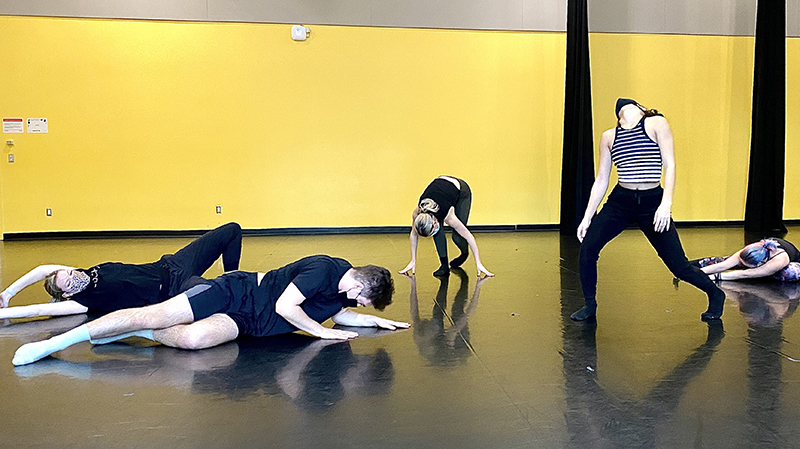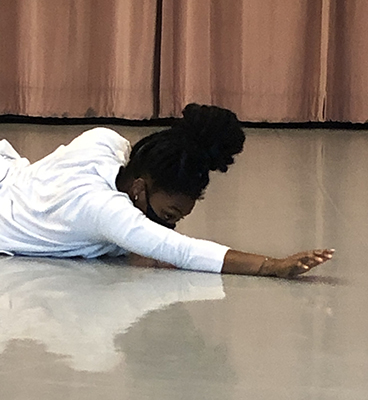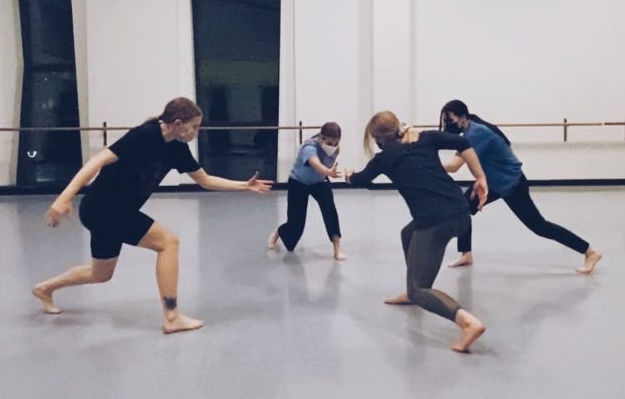The partnership with the Business + Higher Education Roundtable (BHER) provides more experiential learning (EE) opportunities that give students hands-on experience and help develop skills that enable them to create impact and drive positive change.
By Elaine Smith
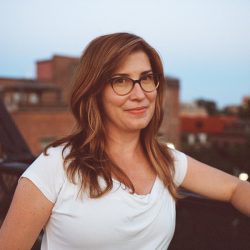
A York University partnership with the Business + Higher Education Roundtable (BHER) will make it “easier for the Project Commons to help professors infuse real-world learning into our classes,” said Danielle Robinson, associate professor of dance in the School of the Arts, Media, Performance & Design (AMPD) and co-founder of its parent organization, the York Capstone Network.
Late last term, BHER announced 21 new partnerships with post-secondary institutions and industry leaders to engage students in work-integrated learning (WIL) – also known as experiential education (EE) – across Canada with support from the federal government and RBC Future Launch. These partnerships are expected to create nearly 16,000 new WIL experiences for students over the course of the current academic year.
“These are the initiatives that ensure the University will meet several key priorities outlined in our University Academic Plan,” said Provost and Vice-President Lisa Philipps. “By working in partnership with organizations that give our students hands-on experience, they will develop skills that enable them to create impact and drive positive change.”
“This collaborative work between the Business + Higher Education Roundtable and all its partners will lead to new and innovative ways to help post-secondary institutions and employers create quality opportunities for students across Canada,” said the Honourable François-Philippe Champagne, federal minister of innovation, science and industry, in the official news release.
“At a time when we are facing a convergence of increasingly urgent global issues – climate change, racism, political polarization, poverty and inequality – this partnership with the Business + Higher Education Roundtable to increase experiential learning opportunities focused on addressing the UN Sustainable Development Goals (SDGs) could not be timelier,” said President and Vice-Chancellor Rhonda L. Lenton. “By providing new opportunities for our students to gain hands-on experience in advancing the SDGs, we are not only helping them to develop their teamwork, critical problem-solving, and communication skills but creating a more resilient, just and sustainable future for us all.”
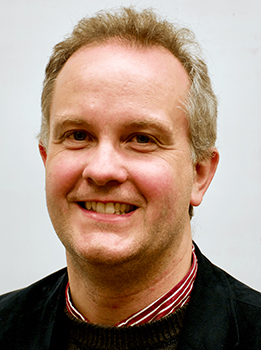
The Project Commons will be the beneficiary of this new York partnership. It was launched in 2019 by the York Capstone Network to provide students across our campuses with challenging, real-world projects that allow them to apply the knowledge and skills they have acquired during their university careers. Franz Newland, an associate professor at the Lassonde School of Engineering, co-founded the network with Robinson.
“Having a partnership with BHER gives us the resources to support our sustainable, community-focused project bank as a plug-and-play EE resource for faculty across York campuses to engage in work-integrated learning opportunities with engaged community partners and organizations,” said Newland.
With assistance from staff in the YU Experience Hub, the Faculty of Liberal Arts and Professional Studies (LA&PS) Experiential Education area and Lassonde, they have made connections with a wide assortment of organizations, businesses, and even cities and schools that are eager to work together with York students in solving complex challenges. Many of these projects – which are directly tied to United Nations Sustainable Development Goals (UN SDGs) – have been taken up by various capstone courses, but they are now available to faculty for use in any of their classes.
“The Project Commons has lived at York on a small scale since 2019, but hasn’t been able to reach its full potential until now,” said Robinson. “We have been waiting for just this kind of funding opportunity to see how much it could be scaled across campus.”
The BHER partnership funding will provide for a co-ordinator to lead the program, an opportunity to redo the Project Commons website, and the means to showcase its offerings at a pan-University showcase on April 29.
“We’ll be able to spread the reach of the Project Commons even wider and amplify its impact,” said Robinson. “The partnership will make it easier for faculty to infuse real-world learning into classes and thus make their teaching more fulfilling and effective. As we all know, experiential education leads to deeper student learning, more student satisfaction and better career prospects.”
Classes from diverse Faculties are already taking advantage of Project Commons offerings, including the Schulich School of Business, Glendon College, the LA&PS and Lassonde.
The Project Commons is currently based at the YU Experience Hub, allowing faculty and staff easy access to its EE opportunities, along with others curated by the hub.
“The more EE opportunities that York is able to provide, the better for our students,” said Professor Will Gage, York’s associate vice-president, teaching and learning. “This partnership is another step toward establishing York University as a nexus for experiential education.”
Valerie Walker, PhD, chief executive officer of BHER, said, “We are thrilled to help employers and students connect and develop innovative solutions for the evolving skills and talent challenges of Canada’s economy.”
The announcement of this initiative was made on Nov. 25. To learn more about the Project Commons, check out its website and then email the York Capstone Network at ycn@yorku.ca. There’s also a prior YFile article on the Project Commons that is available here.




